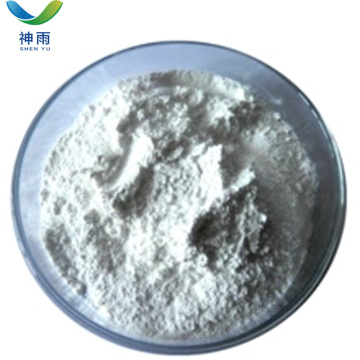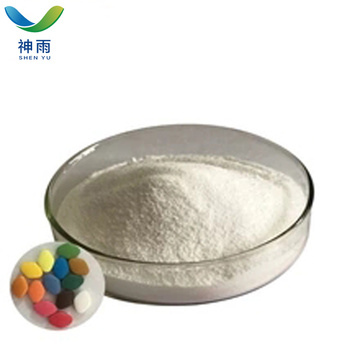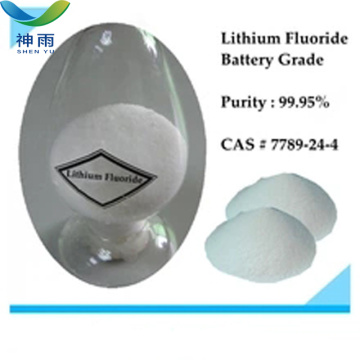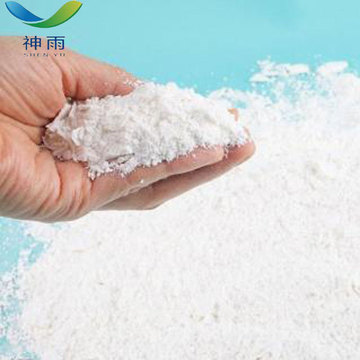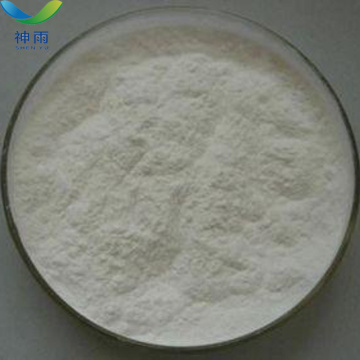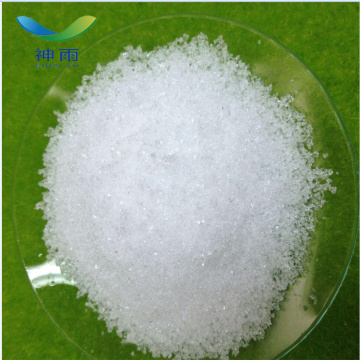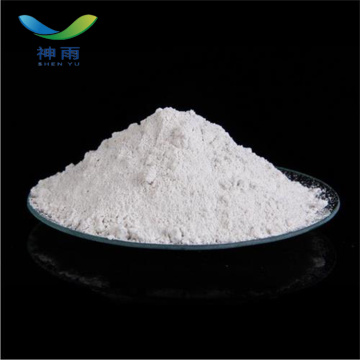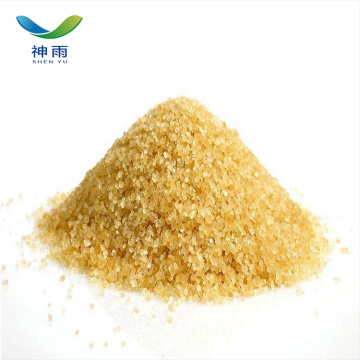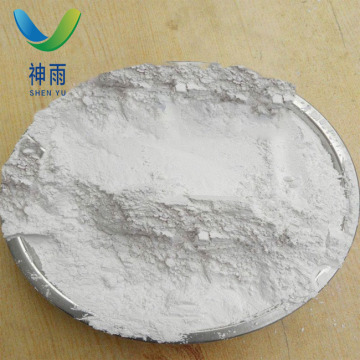Other Inorganic Chemicals
The Inorganic chemical can be summarized as four main
aspects:
1. Other
inorganic chemical is a basic raw
material. Its applications include papermaking, rubber, plastics, pesticides,
feed additives, trace element fertilizers, space technology, mining, oil
extraction, navigation, information industry in the field of high and new
technology, electronics industry and various materials industries.
2. Other
inorganic chemical is related to
people's clothing, food, housing, transportation, light industry, environmental
protection and transportation.
3. Other
inorganic chemical such as natural
gas and air, water, etc. In addition, by-products and wastes in many industrial
sectors materials, such as coke oven gas in the coking process of the iron and
steel industry, in which ammonia can be recovered from sulfuric acid to
ammonium sulphate, chalcopyrite, galena, sulfur dioxide in the waste gas from
sphalerite smelting can be used to produce sulfuric acid, etc.
Inorganic salt Cautions:
Just keep Inorganic
salt in the constant temperature,keep ventilation.
Other Inorganic chemical is the abbreviation of inorganic chemical industry. It uses
natural resources and industrial by-products as raw materials to produce
inorganic acids such as sulfuric acid, nitric acid, hydrochloric acid, phosphoric
acid, soda, caustic soda, synthetic ammonia, chemical fertilizer and inorganic
salt. Include sulphuric acid industry, soda industry, chlor-alkali industry,
ammonia industry, fertilizer industry and other inorganic chemicals. In
broad sense, it also includes the production of inorganic non-metallic
materials and fine other inorganic chemicals such as ceramics and
inorganic pigments. The main raw materials of other inorganic chemical
products are sulfur, sodium, phosphorus, potassium, calcium and other chemical
minerals and coal, oil, natural gas and air, water, etc.


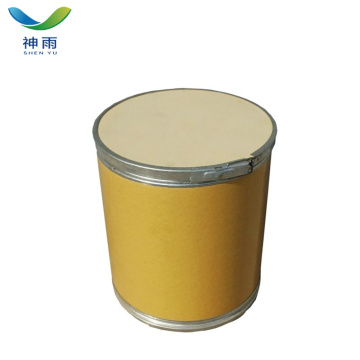
.png) Contact Now
Contact Now
